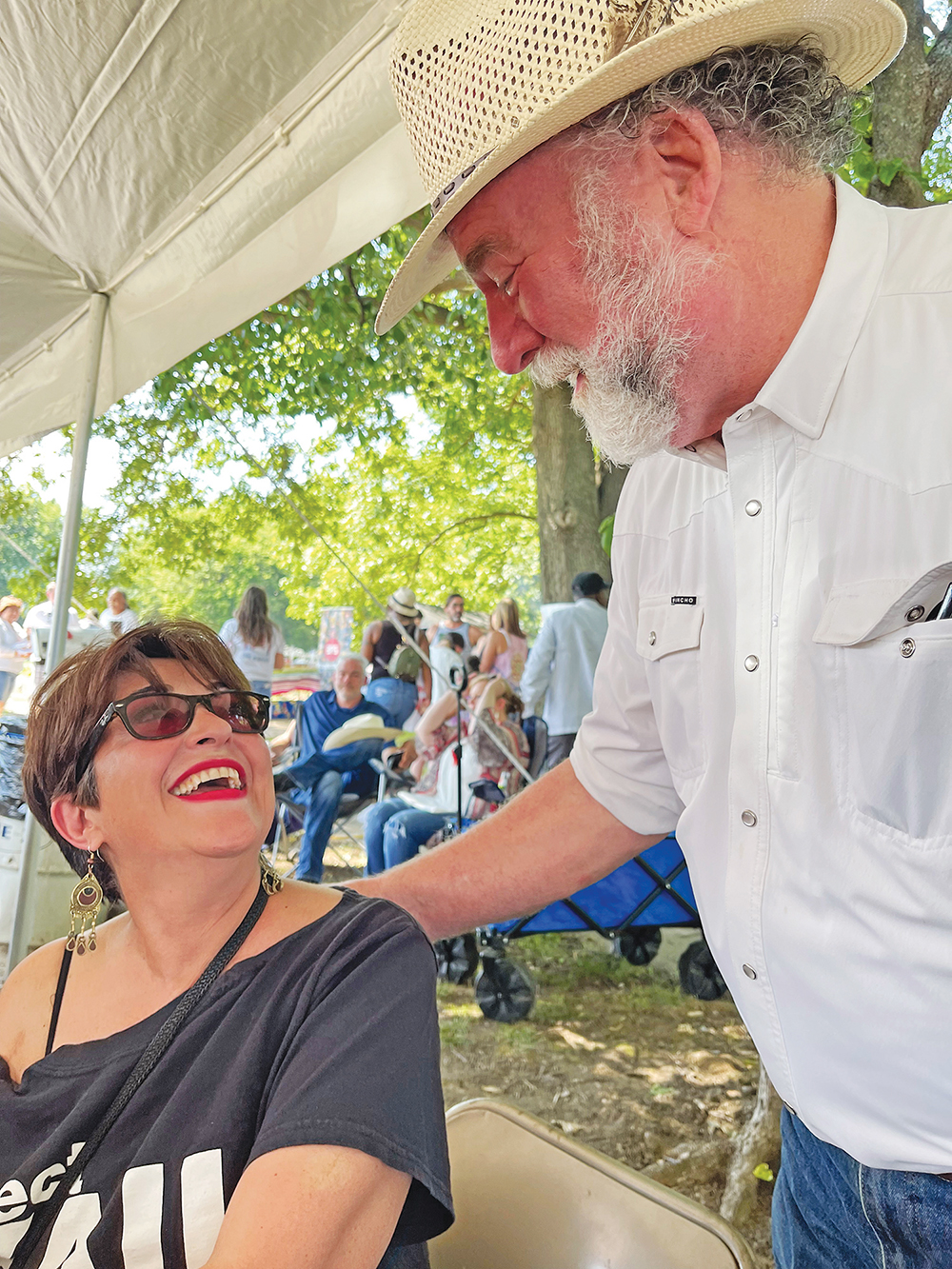At long last, after at least two years of steady contentiousness between the County Commission and the Shelby County Election Commission, a resolution may have been reached on the matter of what kind of voting method should replace the currently used outmoded machines.
But that auxiliary verb “may” is necessary. At several points during three-and-a-half hours of intense disagreements and outright verbal combat, various commissioners would invoke the prospect of reconsideration — that parliamentary device which allows voters for a majority position to call for a revote later on.
Though a flurry of secondary issues became part of the argument, the essential debate at Monday’s commission meeting was between proponents of hand-marked paper ballots and defenders of the Election Commission’s preference for electronic ballot-marking devices.
The commission had voted twice previously in favor of hand-marked paper ballots and had specifically rejected ballot-marking devices, but the resolution before the body on Monday called for almost $6 million to purchase ballot-marking machines from the Election Systems & Software company. It also allowed for a “compromise” procedure whereby voters could either ask for paper ballots or use the ballot-marking machines. Partisans of hand-marked paper ballots tended to be skeptical regarding the bona fides of that provision.
At the end, in any event, the resolution would pass, though at various intervals a series of amendments that would have transformed it one way or another were introduced and then withdrawn. The final version targeted November as the changeover date, though Election Administrator Linda Phillips and Election Commission chairman Mark Luttrell had asked for action before the August county election on grounds that the county’s existing machines were on their last legs.
At one point, the commission gave serious consideration to a motion from Commissioner Van Turner to rebid the entire voting-machine contract with a new RFP (request for proposal) but backed away from it — perhaps in recognition that back-and-forths on the issue and failure to agree in the past had created an atmosphere of mutual intractability.
Disagreement on voting methods had traditionally been on party-line grounds, with the commission’s Democrats favoring hand-marked paper ballots and Republicans aligning themselves with the Election Commission’s preferences, but the acceptance by two Democrats, commission chair Willie Brooks and Michael Whaley, of the proffered compromise agreement finally broke the stalemate. Both Brooks and Whaley would complain on Monday that they had been the targets of telephone threats for their change of mind.
• At a press conference a week before last, Tarik Sugarmon, candidate for Juvenile Court judge, went on record in favor of the establishment of a second elected judge for the court. A proposal to do just that gained a positive vote by the County Commission back in 2006, but a state Appeals Court later overruled the action on separation-of-powers grounds.
The court decision specifically ruled invalid a state law that the former commission had relied on, but Sugarmon maintains that the Shelby County charter permits the creation of a second judgeship.
Incumbent Juvenile Court Judge Dan Michael had not been heard from on the issue until Sunday, when he was asked about it at judicial candidate David Pool’s annual crawdad boil event.
Michael’s verdict? The Appeals Court’s rejection of a second judgeship still stands, but “If you’re going to do something like that, you wouldn’t need two judges, you’d need 15.” (The latter number approximates the number of “referees” appointed to help adjudge cases under the current Juvenile Court system.)
